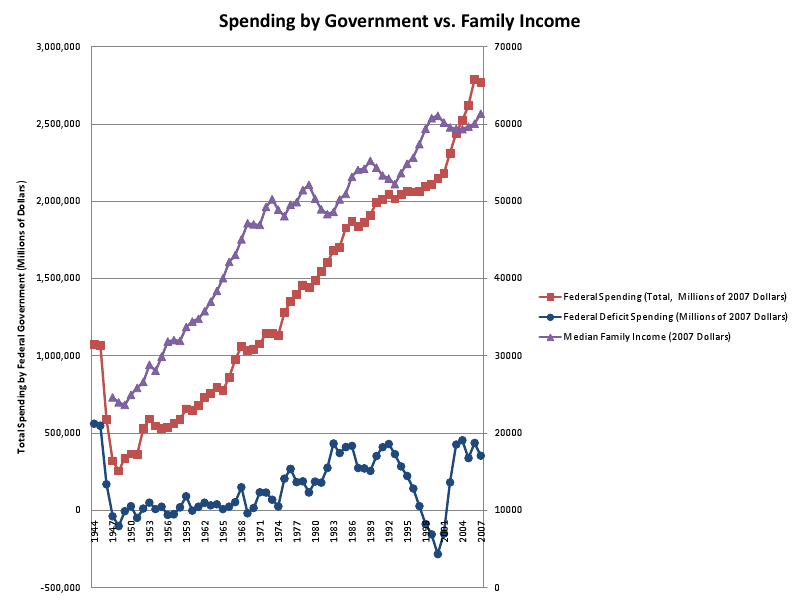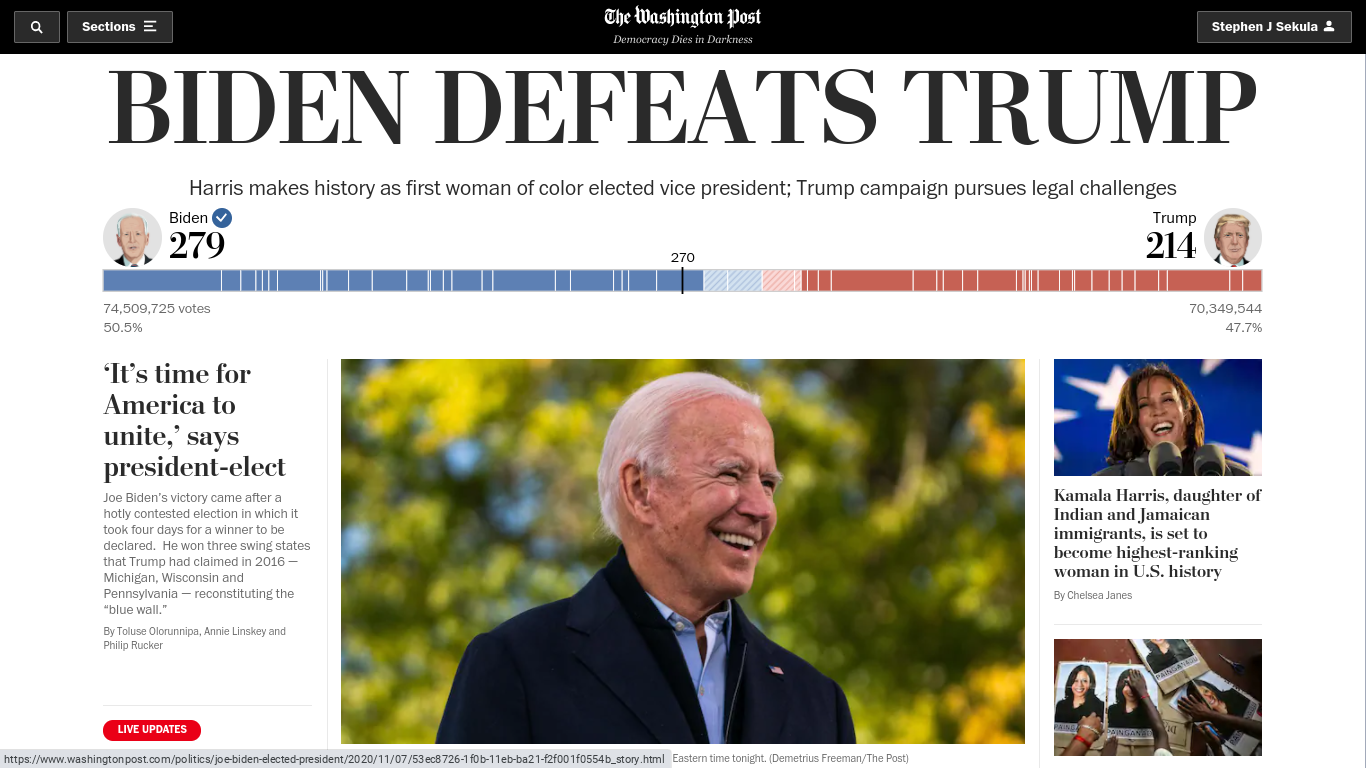 Given how much the past few months have been largely about “eating the seed” corn by threatening to pillage the nation’s scientific capabilities, this week was comparably more uplifted. Having reached a tipping point with the rhetoric of the current president, scientists and science advocacy organizations started planning a “March for Science” back in late January. It started small, but absorbed many organizations who signed on over time and yesterday it was revealed as a world-wide force for educating a world where the rise of ignorance has never seemed more breakneck. This week’s science policy news links are a mix of the uplifting (scenes from the many “Marches for Science” across the globe) and the cautionary (fake science organizations still abound).
Given how much the past few months have been largely about “eating the seed” corn by threatening to pillage the nation’s scientific capabilities, this week was comparably more uplifted. Having reached a tipping point with the rhetoric of the current president, scientists and science advocacy organizations started planning a “March for Science” back in late January. It started small, but absorbed many organizations who signed on over time and yesterday it was revealed as a world-wide force for educating a world where the rise of ignorance has never seemed more breakneck. This week’s science policy news links are a mix of the uplifting (scenes from the many “Marches for Science” across the globe) and the cautionary (fake science organizations still abound).
- “PHOTOS: Scientists Take To Washington To Stress A Nonpartisan Agenda“. Meredith Rizzo. National Public Radio. Comments: a few scenes from a very geographically diverse effort to highlight the importance of science to humanity. These appear to be only from the march in Washington D.C.
- “Remarks“. James Beacham. March for Science, Geneva. Comments: My colleague’s, James Beacham’s, opening remarks to participants at the Geneva March for Science (recorded by my student, Matthew Feickert). A good look into why one scientist chose to march. James was an organizer of this satellite march.
- “The Universe in a Box“. Claire Lee. TEDxKlagenfurt. Comments: Claire is a colleague of mine and at yesterday’s “March for Science – Geneva” in Switzerland she gave a short version of this lovely talk on what we know about the universe, how we represent it with creative aids, and how that relates to all we do not know. I link the original TEDx talk because I don’t have video of the one from yesterday’s march.
- “Intelligent Design Advocates Are Angry They’re Not “Partners” in the March For Science“. By Hermant Mehta. Patheos Blog. April 21, 2017. Comments: A leading fake science organization, The Discovery Institute (DI), laments being excluded from having a prominent role in the “March for Science.” But the reason is simple. Science is not a democracy – it’s the tyranny of facts and evidence. And the facts and evidence have been clear for over a century: biological diversity in the natural world is the result of evolution by means of natural selection. The DI actively works to undermine that evidence, not by conducting research (what scholarship they have on record is poor, and mostly just criticism, commentary, poor math, and historical misrepresentation), but by using the US legal system to try to inject their specific conservative Christian-based creationist ideology into science classrooms. Shame on them for lamenting they were excluded from organizing a March for Science when they themselves are a force that actively undermines science; cheers to the actual organizers for standing firm against this nonsense. I applaud mature and reasoned religious organizations that accept the scientific evidence about the natural world without seeing it as a threat to their beliefs. The DI is, sadly, not one of those. Science is a shield against dangerous nonsense, and the DI is institutional dangerous nonsense that seeks to undermine the very foundation of modern medicine.
- “Victory in Texas“. Glenn Branch. National Center for Science Education. Comments: This past week, the Texas State Board of Education, which notoriously either ignores expertise for science education recommendations, toys with including religious or watered-down guidance for public school science teachers, or even admits anti-science into the discussion of science standards, took a positive step forward this week. After considering changes to the science education standards, they adopted a slate of changes that removed language from the standards that had opened the door to using religious arguments to counter scientific ones in the science classroom. This is a big step for Texas. While there are no guarantees the next SBOE won’t undo some of this good, it was heartening in this era to see a group of elected representatives walk back from the educational abyss.
A big thing is coming up in the week ahead looms large over science in the United States:
- The current federal spending legislation for FY17 expires at midnight on April 28. If the Congress fails to act to extend the legislation, the government shuts down. This means any active program that relies on federal funding also shuts down, such as operations in Antarctica or the national laboratories that are crown jewels in the treasure chest of U.S. science. Write your Congressperson(s) and ask them to act to support science while keeping the country operating through the rest of the year.





